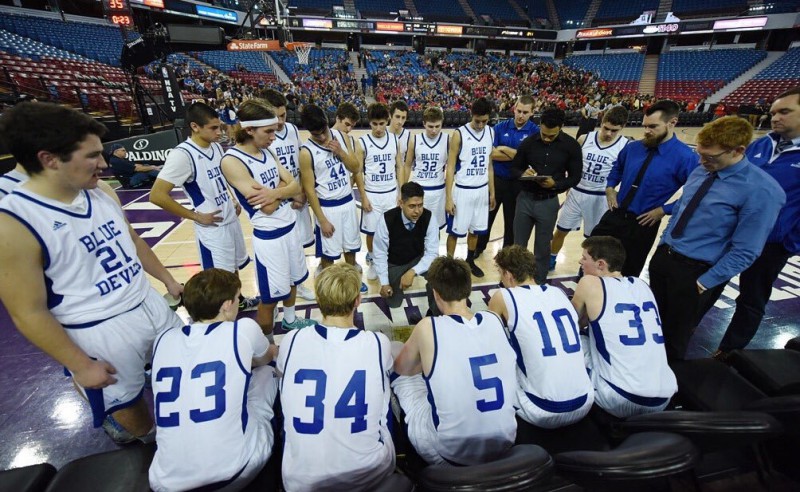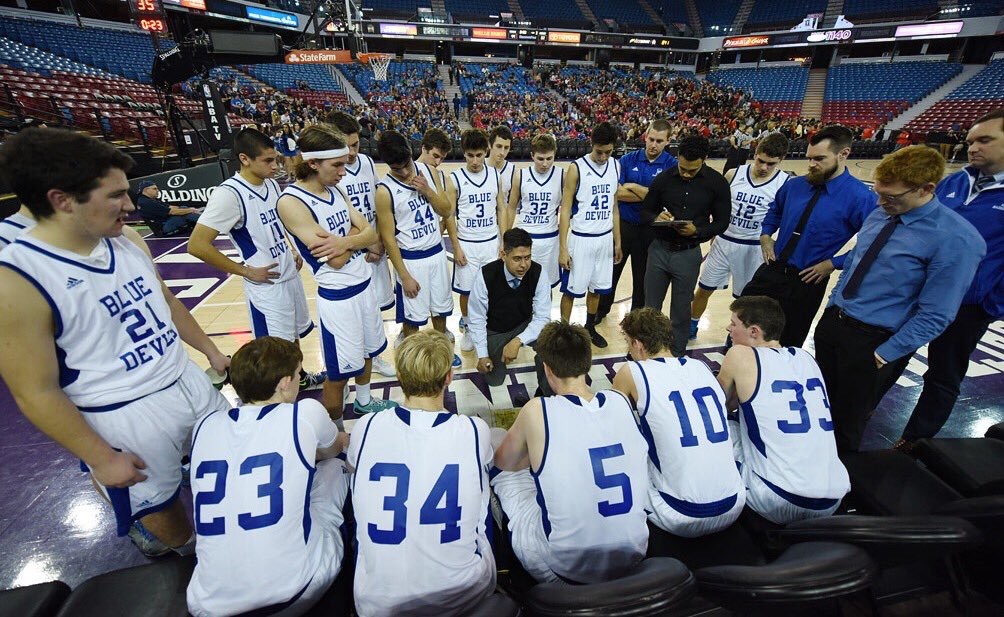OP-ED: Multi-sport athletes benefit from variety

By Will Bodendorfer,
BlueDevilHUB.com Multimedia Editor-in-Chief–
The Davis High athletics program is one of the most diverse in the area, offering students 41 different sports to choose from. However, some students do not take full advantage of these opportunities, and instead simply specialize in one sport.
Although focusing on a single sport and participating in it year-round may seem like the best way to take one’s sports career to the next level, it may actually do more harm than good for a young athlete.
For starters, playing one sport continuously has been shown to increase the risk of injury, especially in teenage athletes. According to a 2014 position statement from the American Medical Society for Sports Medicine, “there is concern that early sport specialization may increase rates of overuse injury and sport burnout.” This is partially because, according to the same report, “overuse injuries may be more likely to occur during the adolescent growth spurt.”
In other words, playing a sport year-round, or simply specializing in one sport, can lead to the overuse of certain muscles.
These overuse injuries are detrimental to an athlete’s development, and often go undiagnosed because they are not as debilitating as, say, a broken bone. Instead, young athletes commonly push through these injuries, which cause greater problems later on in their sports careers.
These worries have been backed up by research. According to a study of more than 150 injured adolescent athletes conducted by Dr. Neeru Jayanthi of Loyola University, “the injured athletes had a significantly higher average score on a sports specialization scale than athletes who weren’t injured.”
And while the possible physical effects of specializing in one sport are daunting, the practice can be mentally draining as well. Single-sport athletes also have an issue with becoming burnt out; according to the same American Medical Society position statement, burnout occurs “as a result of chronic stress that causes a young athlete to cease participation in a previously enjoyable activity.”
For example, if an athlete has played or trained for basketball year-round since sixth grade, there is a very real chance that he or she will be tired of basketball by high school.
Not only does this make the sport less enjoyable for the athlete, but it may also make it less likely that the athlete has the drive to play the sport in college. If a high school athlete doesn’t enjoy playing the sport, he or she may not be willing to put in the extra time and effort that is required at the collegiate level.




